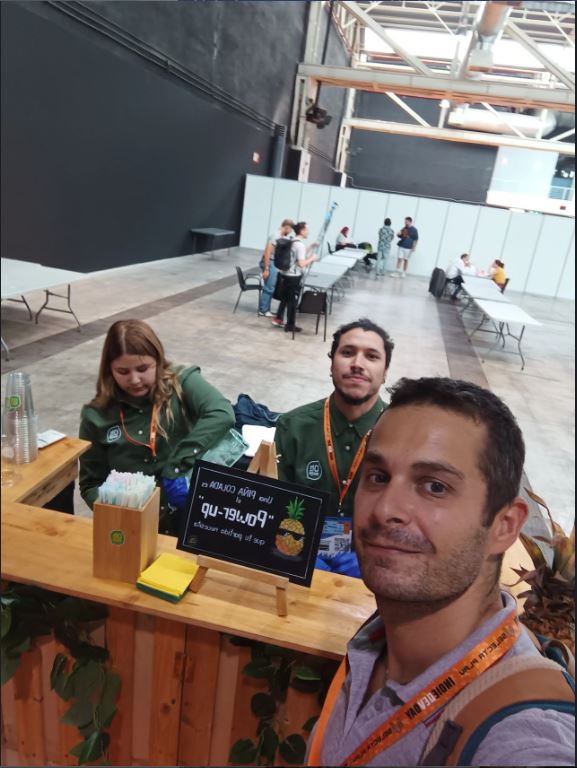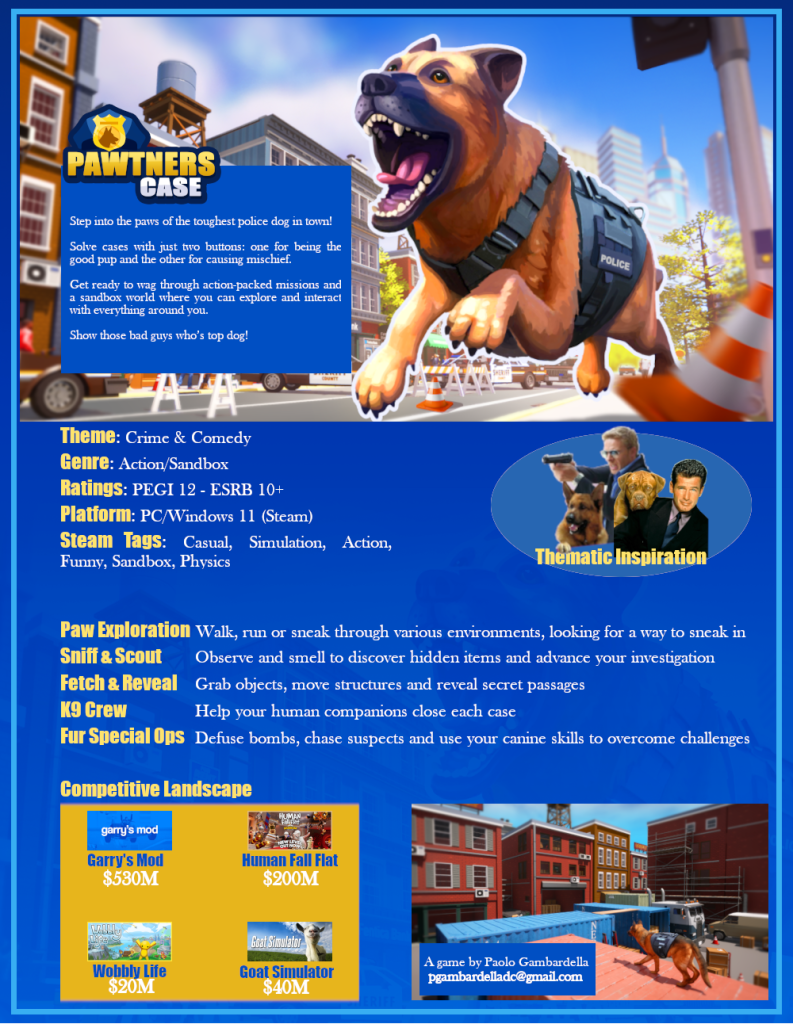I was at IndieDevDay24 and I came with good insight. Only one selfie, this is me waiting for a free piñacolada.

Game development is getting faster thanks to growing technologies.
I was impressed by an overview of Construct that a nice guy gave me. You can make a prototype on the web as quickly as editing a video for TikTok.
Instant games combined with live elements can bring audience to small creators.
Another thing, you will read everywhere that tens of thousands games are published every year on Steam and that the market is overcrowded.
But then you meet people doing games for Steam and you discover that a huge portion of them made their plans on the concept of “hope”. They hope to find a publisher, hope to finish the project, and hope it will work.
Hope is not a good strategy. I get the beauty of tackling game development as a liberal discipline, without servile constraint. And I love it, but you should make a discerned choice.
Speaking of which, the best emotion for me is to meet former students. They always call me loudly, they make me sit and play their games. They take notes on my comments. I love to teach, also if there is a bureaucratic wall around teaching that pushes me away from it. But I always try to come back in some way.
You can control your development time and your budget. You can design good games around that. Game design is removing things!
Tens of thousands publish every year on Steam, but few take care of these things.
There is still much space for indie games, market saturation is just a Chimera.
